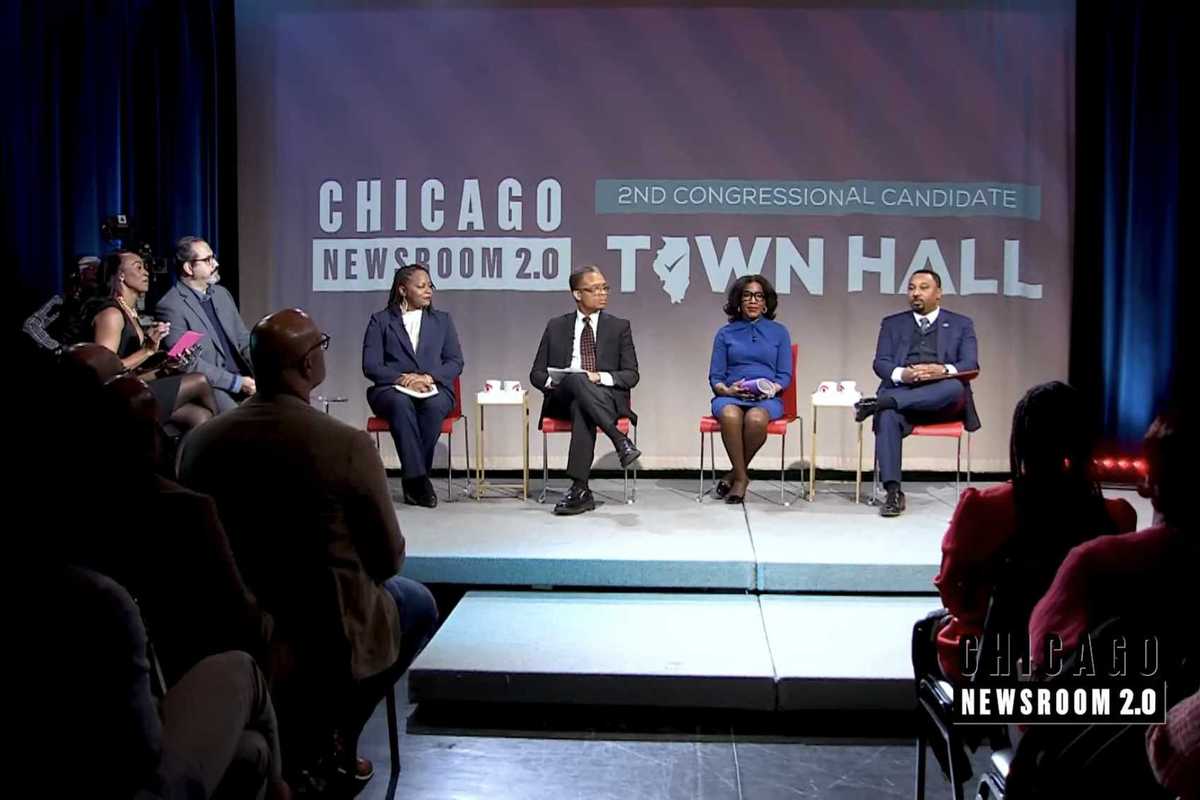Judges in recent days have slapped two of the most prominent figures in the fight for easier access to the ballot box, a fresh if mainly symbolic setback for the cause of voting rights.
The nation's most prominent Democratic elections attorney, Marc Elias, violated legal ethics rules as he pressed an ultimately unsuccessful lawsuit last fall to preserve straight-ticket voting in Texas, a federal appeals court decided.
And Michigan's top elections officer, Democratic Secretary of State Jocelyn Benson, exceeded her authority last fall when she instructed local officials to presume the validity of all signatures on absentee ballot envelopes, the special court that handles suits against the state government ruled.
Conservatives hailed the pair of decisions last week as evidence that promoting the franchise too aggressively too often leads to the sort of corner-cutting and overzealous behavior that can incubate election fraud. But there's no evidence of anything beyond minimal and sporadic cheating anywhere in the nation surrounding the 2020 presidential contest, including in Texas and Michigan.
Some of the most vigorous fights over how to alter election rules last year in light of the coronavirus occurred in Michigan, one of the biggest battleground states. One tussle was over a state law preventing the processing of mailed ballots until the Monday before Election Day, boosting the likelihood of significant delays in reporting final results of a close election given the surge in mail voting brought on by the pandemic.
Benson was rebuffed when she asked the GOP Legislature to permit ballot processing to get started earlier. So a month before the election she told local clerks they could speed things along by starting with the assumption that signatures were authentic on 2.8 million envelopes — which ended up containing half of the state's votes.
The result was far fewer time-consuming arguments as handwriting on the ballots was compared with what was on file. And only one of every 1,000 absentee ballots were tossed out, just 1,800 — far fewer than in past recent elections, when the rate was closer to one out of every 500 or so statewide.
President Biden nonetheless secured the state's 16 electoral votes by a margin of 154,000 votes, or 3 percentage points, and Democratic Sen. Gary Peters won re-election by 55,000 votes, so the shortcut was highly unlikely to have affected either outcome.
Court of Claims Judge Christopher Murray rejected the Republican Party's demand for an audit of all absentee ballots, and he did not find that Benson had violated state election law. Instead, he said she wrongly ignored the proper rulemaking procedures for making such a substantive decision.
Unless she goes through that process, the judge said, her directive will not apply in future elections.
There were also plenty of legal fights about voting rules in Texas, which looked purple in the polls all fall before Donald Trump extended the GOP winning streak to 11 presidential contests. One lawsuit sought to prevent the state from carrying out its newly enacted ban on straight-ticket voting. Opponents of the ban argued that preserving the "one punch" system would keep the lines moving on Election Day, especially in big cities, and not disenfranchise Black and Hispanic voters by making them wait excessively to cast their ballots.
Elias was one of the main attorneys pursuing that argument, part of his portfolio of three-dozen lawsuits on behalf of various Democratic campaign organizations. And, along the way, he filed papers in federal court that were essentially identical to a motion of his that had been rejected earlier by the same judge.
Asking for a do-over in that misleading manner, rather than file an upfront appeal, "unreasonably and vexatiously" dragged out the litigation by creating more work for the court, the 5th U.S. Circuit Court of Appeals ruled Friday. It sanctioned Elias for violating his "obligation of candor to the court" by ordering him to pay Texas double its expenses arguing against the misleading and duplicative motion.
Elias won a wave of rulings or settlements that eased access to the ballot in several swing states — prompting Trump to label him on Twitter as an "Election stealing lawyer." But the straight-ticket voting suit was ultimately rejected by the 5th Circuit.
His law firm, Perkins Coie, said after the sanctions ruling that it believed Elias had acted properly.




















